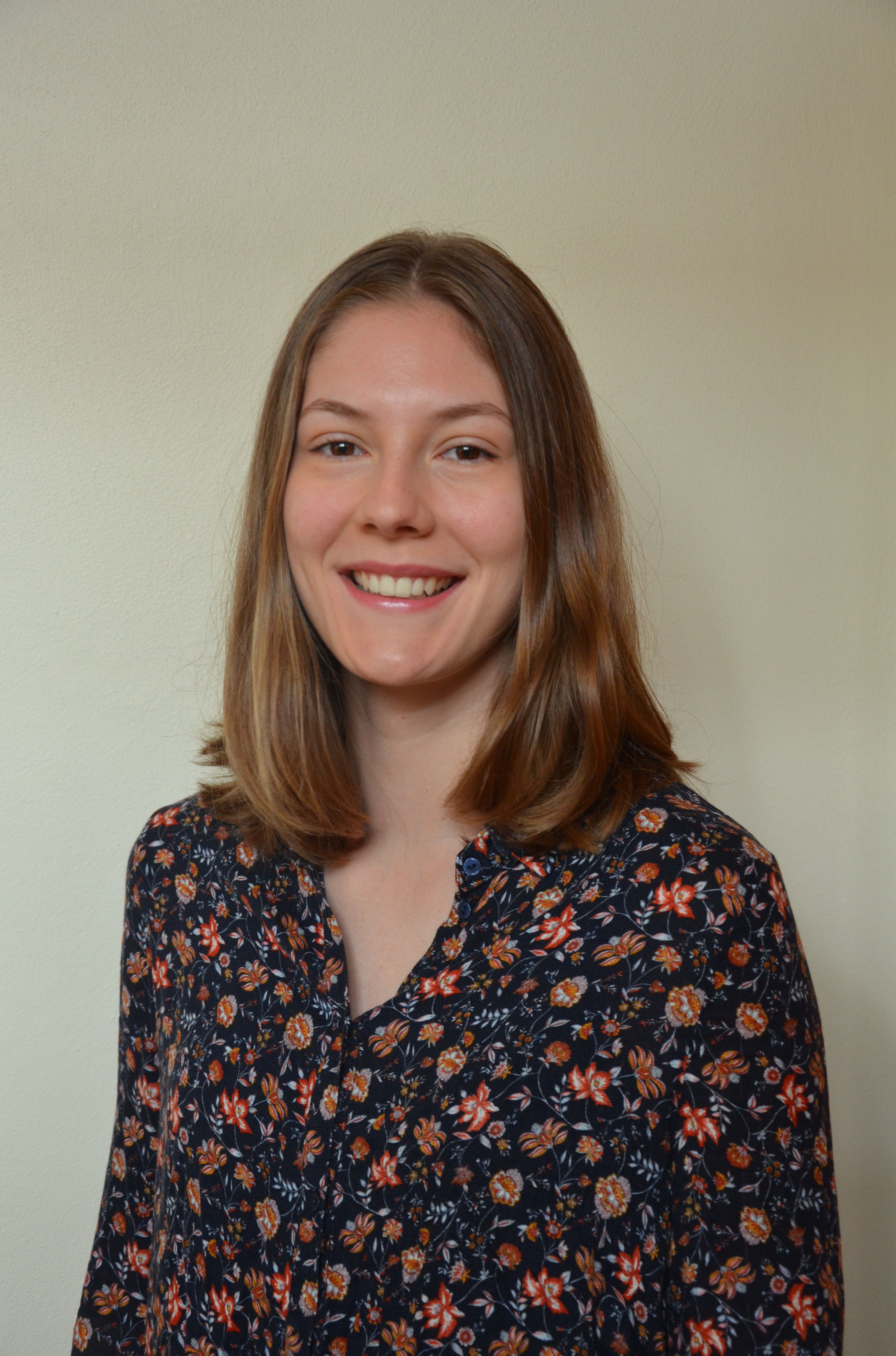M.Ed. Economics (teacher training)
The students of the Master of Education receive a comprehensive education in economics and economic education within the School of Business and Economics.
The four semester M.Ed. program in Economics builds on the B.Ed. program in Economics to provide in-depth knowledge of models, theories, and methods of economics and business administration. The focus is on the analysis of economic and business issues and the critical reflection of such problems in the context of economic education. Additionally, the focus is on the further development of your teaching competence. The development of your subject-specific competencies takes place in in-depth elective modules with a focus on economics and business administration as well as in a master's module in economics.
Furthermore, research-based learning is increasingly emphasized during the course of study. In the practice-oriented teaching units (economic didactics), students deepen their knowledge about teaching and learning economics. In addition to planning, implementing, and reflecting on teaching units for the subject of “Wirtschaft, Berufs- und Studienorientierung” at the Gymnasium, the focus is on aspects of competence assessment and vocational orientation. Finally, students increasingly reflect on their role as teachers, the role of the school in society as well as the social mission of the school and in particular economic education.
Upon successfully completing the master's program, students will be able to comprehensively analyze business processes and economic questions as well as evaluate different approaches with regard to their advantages, disadvantages and effects. Students apply business and economic methods and theories and reflect them critically. They are able to question the competencies required for this purpose and to expand them in a strategic manner.
Students are able to plan, implement, and reflect on competence-oriented economic teaching. In doing so, they understand and apply the results of research in economics and economic education. They know the basics of digital teaching as well as performance diagnostics and assessment. The students can develop and work on scientific questions in economics and economic education in a structured manner. They can communicate about their work in an oral, written and media-supported form and present them in an appropriate manner.
Study plan
The standard period of study for the Master of Education in Business and Economics is 4 semesters. The Master of Education comprises a total of 120 ECTS credits, of which 28 ECTS credits are completed in Business and Economics (or 43 ECTS credits if the Master's thesis is completed at the School of Business and Economics). The remaining ECTS credits are allocated to the educational sciences and the achievements to be made in the second subject.
Admission requirements
Admission to the M.Ed. program requires the successful completion of the Bachelor of Education in Economics at the University of Tübingen or a comparable program. For the study of the M.Ed. in Business and Economics, proficiency in business administration, economics, economic education, subject didactics as well as mathematics and statistics must also be demonstrated. The examination committee decides on the comparability.
The language of study and examination in the subprogram Business and Economics (M.Ed.) is German. Courses and examinations may occasionally be held in English. It is assumed that students have very good German language skills (about C1) as well as sufficient English language skills (about B1); as a rule, the exclusive choice of German courses is also possible. Advice especially on German language skills for international applicants is available from the Admissions Office for International Students.
The application deadline is April 30 of the respective winter semester and March 15 for the summer semester.
The program usually starts in the winter semester, a start in the summer semester is possible. By the time of application, 130 credits must be proven by means of the Transcript of Records.

